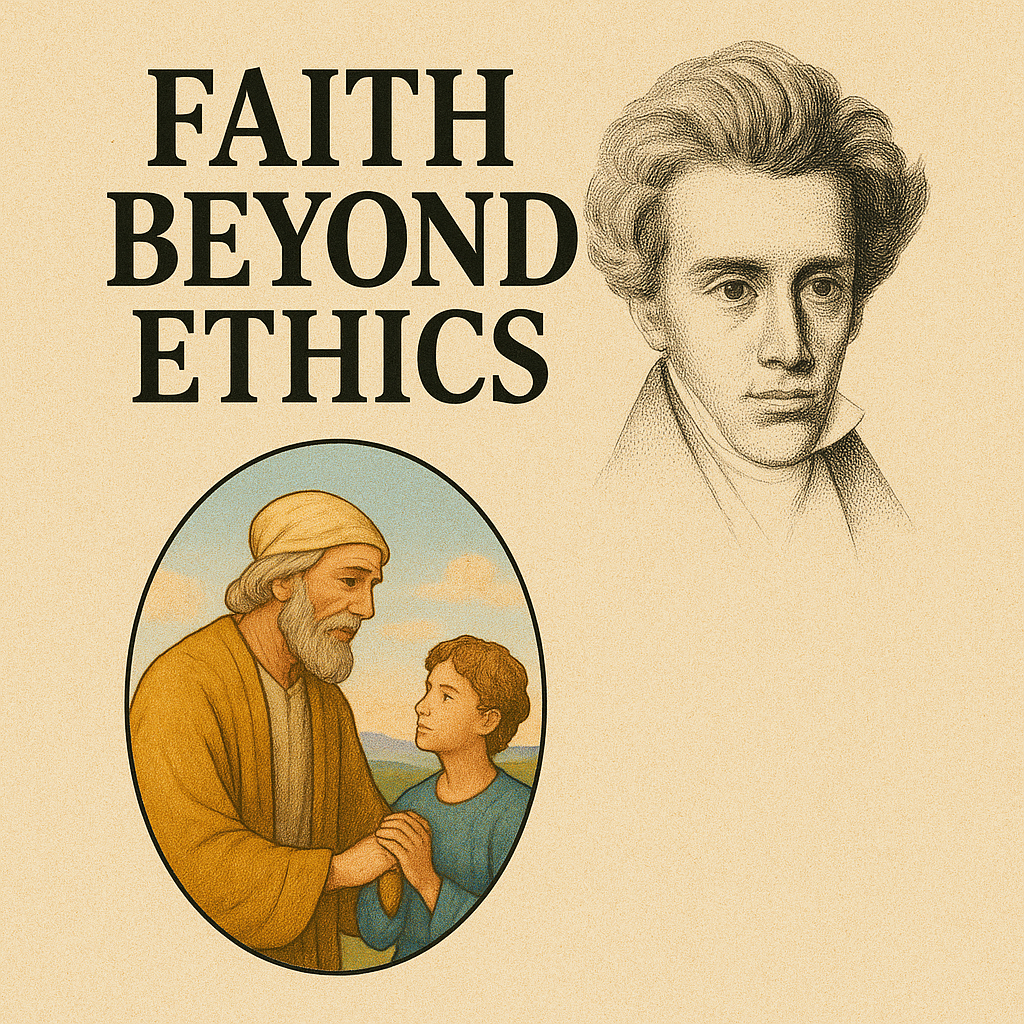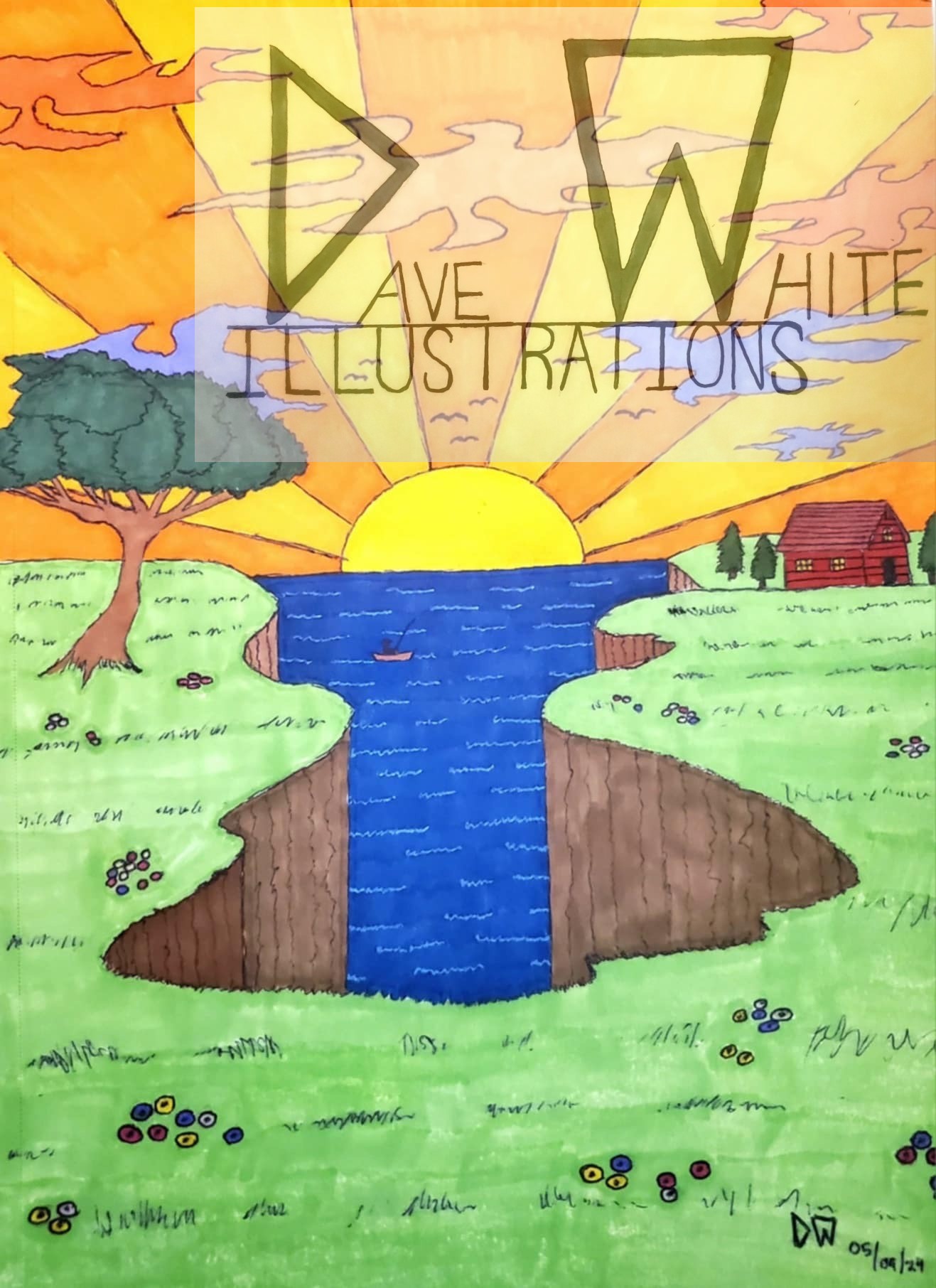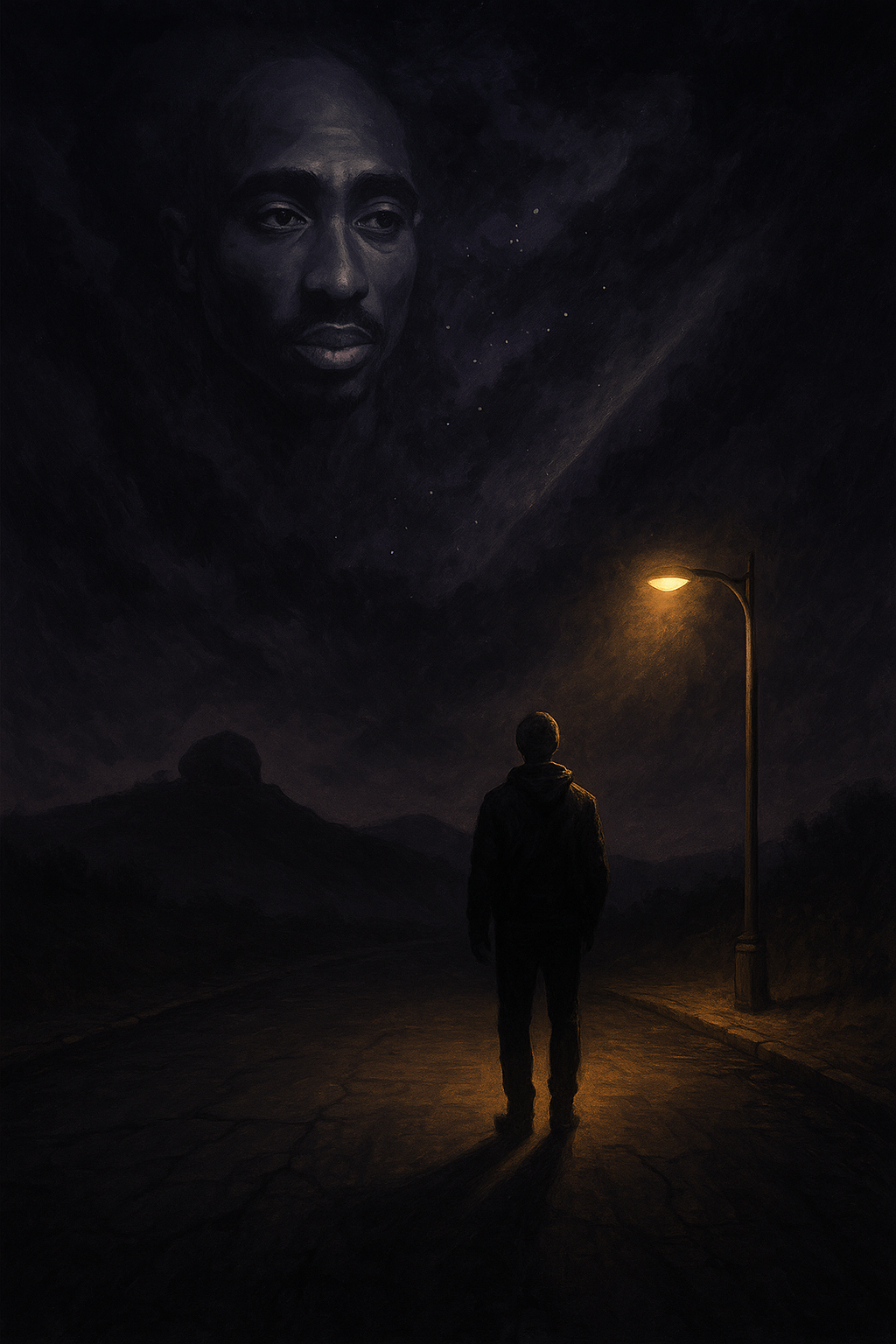When Søren Kierkegaard published Fear and Trembling in 1843, he asked a question that still reverberates:
Was Abraham a murderer, or was he the ultimate believer?
The story in Genesis 22 is well known: Abraham, promised a son after years of barrenness, is commanded by God to sacrifice that very child. He prepares the altar, binds Isaac, and raises the knife—until God intervenes at the final moment, substituting a ram for the boy.
From the outside, Abraham’s act is monstrous. What father would kill his child? Yet Kierkegaard insists that Abraham’s story is not about cruelty but about faith—faith so radical that it suspends the ethical itself.
The Teleological Suspension of the Ethical
Kierkegaard’s central concept here is the “teleological suspension of the ethical.” Normally, the ethical is the highest measure of human action: do not kill, do not harm, do not betray love. But Abraham does something unthinkable—he suspends the ethical for the sake of a higher end (telos): faith in God.
“Faith,” Kierkegaard writes, “is precisely this paradox, that the single individual as the particular is higher than the universal” (Fear and Trembling 82).
In other words, Abraham defies what all reason and morality demand, trusting in something he cannot prove. He believes God will somehow spare Isaac, though he cannot know it. That paradox—trusting against all reason—is the essence of faith.
Four Retellings of Abraham’s Anguish
Kierkegaard retells Abraham’s ordeal in four ways, each peeling back the psychological layers of the trial:
The Lie of Love – Abraham deceives Isaac, preferring to tarnish himself as a father than to risk Isaac’s loss of faith in God.
The Shaken Believer – Abraham obeys, but the request shakes him to his core, showing faith as terror as much as trust.
The Ethical Refusal – Abraham spares Isaac and prays for forgiveness, choosing ethics over obedience.
The Son’s Doubt – Abraham cannot obey, and Isaac’s faith collapses when his father fails God’s test.
Each retelling underscores the torment of faith: silence, contradiction, and paradox.
Abraham as Knight of Faith
Unlike a tragic hero who sacrifices for the greater good, Abraham acts for no universal cause—only God. Kierkegaard calls him a knight of faith: one who leaps beyond reason and ethics into absolute trust in the divine.
Like a dancer who leaps effortlessly and lands with perfect balance, the knight of faith embraces paradox: living fully in the world while surrendering wholly to God. Abraham is not a murderer, not a hero, but something stranger—a man whose faith defies comprehension.
The Paradox of Belief
Faith is not belief. Belief requires certainty; faith thrives in uncertainty. Abraham could not know God would save Isaac. He could only trust.
This paradox is terrifying: to have faith is to risk being wrong, even condemned as unethical. Yet Kierkegaard insists that only in this paradox do we encounter God.
Faith and the Poetic Bipolar Mind
What does Abraham’s paradox mean for us now—for those of us navigating grief, trauma, love, and survival?
At Poetic Bipolar Mind, we often stand in Abraham’s shadow. Not literally, but metaphorically—in the suspended space where ethics, reason, and survival clash with the deeper call of faith, hope, or creativity.
Faith in Healing: Like Abraham, we sometimes take steps that seem irrational—trusting that therapy, writing, art, or simply enduring one more day will lead to restoration we cannot yet see.
Faith in Art: Every poem, every illustration is a leap into the unknown, a small suspension of the rational self to create something larger, something that may heal or connect beyond us.
Faith in Resilience: Mental illness, grief, and trauma do not operate by ethical clarity. They demand paradox: holding despair and hope together, pain and meaning in the same breath.
Kierkegaard’s Abraham reminds us that faith is not easy, not certain, not neat. It is anguish, paradox, and silence. But it is also the possibility of survival, of creation, of love.
Abraham’s leap of faith is echoed in every human who dares to keep going despite doubt, who chooses trust despite despair. In this way, his ancient story is also ours.
Works Cited
Kierkegaard, Søren. Fear and Trembling. Translated by Alastair Hannay, Penguin Classics, 1985.
The Holy Bible, Genesis 22:1–19.




Leave a Reply